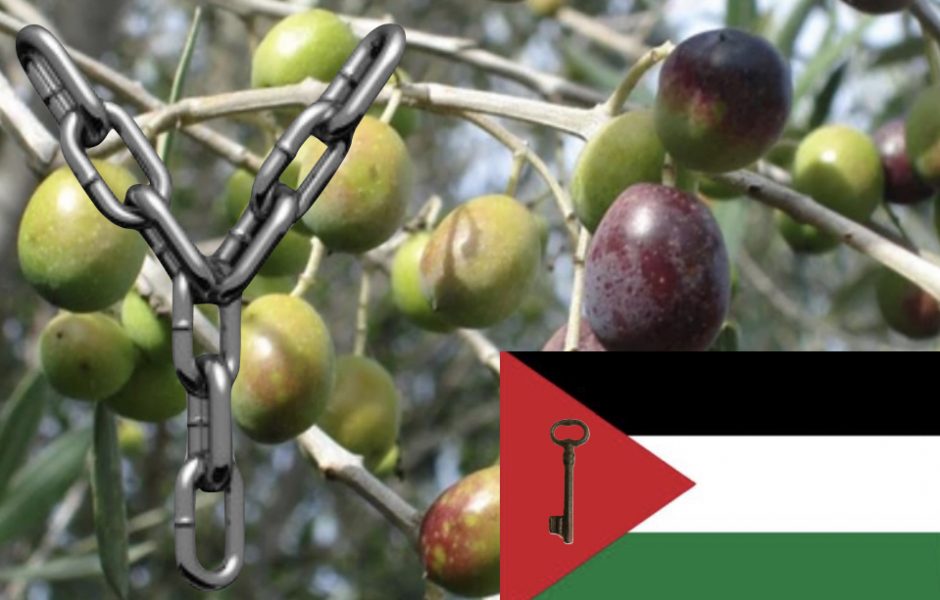
Watermelon and Palestinian Identity: The watermelon serves as a symbolic representation of Palestine due to its color alignment with the Palestinian flag, which is characterized by red, black, white, and green. Its role as a symbol of Palestinian nationalism and resistance gained prominence following the Six-Day War in 1967, a pivotal moment when Israel seized control of the West Bank and Gaza. Shortly after that, Israel prohibited the waving and display of the Palestinian flag in Gaza and the West Bank. To circumvent this restriction, Palestinians adopted the watermelon, as its cut-open form displays the national colors. Since then, the watermelon has retained its significance, becoming a timeless representation of Palestinian identity and unwavering resilience. Cultivated locally in Gaza and the West Bank, watermelons have become a popular fruit among Palestinians. The watermelon has emerged as a prominent symbol for pro-Palestinian demonstrators, experiencing a resurgence on social media, particularly amid the ongoing Israel-Hamas war which began on October 2023.
Pre-Oslo Restrictions on Palestinian Flag: In 1980, Israeli authorities closed down an exhibition at the 79 Gallery in Ramallah, featuring the artwork of Palestinian artist SlimanMansour and others. Additionally, before the so-called Oslo Accords (1993), Palestinians faced punishment for possessing a Palestinian flag or any item with similar colors to the Palestinian flag. As a child, I vividly recall the hardships of having a Palestinian flag at home, as Israeli soldiers would conduct house searches, subjecting the entire family to harassment, punishment, and arbitrary arrest. This serves as a poignant illustration of the harsh reality of the Israeli occupation and its intimidating impact. The ban on the Palestinian flag was eventually lifted in 1993, a development associated with the Oslo Accords.
Global Flag Solidarity Sparks Israeli Crackdown: In 2023, during the war on Gaza, where massive genocides were committed against the Gazan people, resulting in the deaths of approximately 12,000 children and 10,000 elderly individuals, there was a resurgence in many countries worldwide, with people holding Palestinian flags everywhere to express support for the Palestinian population and condemn the genocide. This has prompted Israel to crack down on the display of the Palestinian flag. As a result, the Israeli Knesset preliminarily approved a draft law on Wednesday, prohibiting the raising of the Palestinian flag in the 1948 territories. The bill, presented by Almog Cohen of the “Jewish Power” party, led by extremist National Security Minister Itamar Ben Gvir, received 54 votes in favor and 16 against. According to Haaretz, if the law passes three readings, individuals waving the Palestinian flag could face penalties of up to one year in prison. The move reflects heightened tensions and restrictions on expressions of Palestinian identity within the Israeli political landscape.
The Palestinian Identity Shines Through: As the watermelon continues to symbolize Palestinian resilience, the symbolic power of the fruit and the determination of the Palestinian people persist despite the challenges. It serves as a reminder that even in the face of adversity, the pursuit of justice and identity remains unwavering. The evolving narratives of symbolism and suppression tell a broader story of a people committed to asserting their presence, rights, and aspirations. The Palestinian identity will undoubtedly stand out against Zionist brutality, which fears the Palestinian flag and persists in obliterating Palestinian culture with brutal and fascist measures. May the vibrant colors of freedom and peace flourish for all Palestinians.
